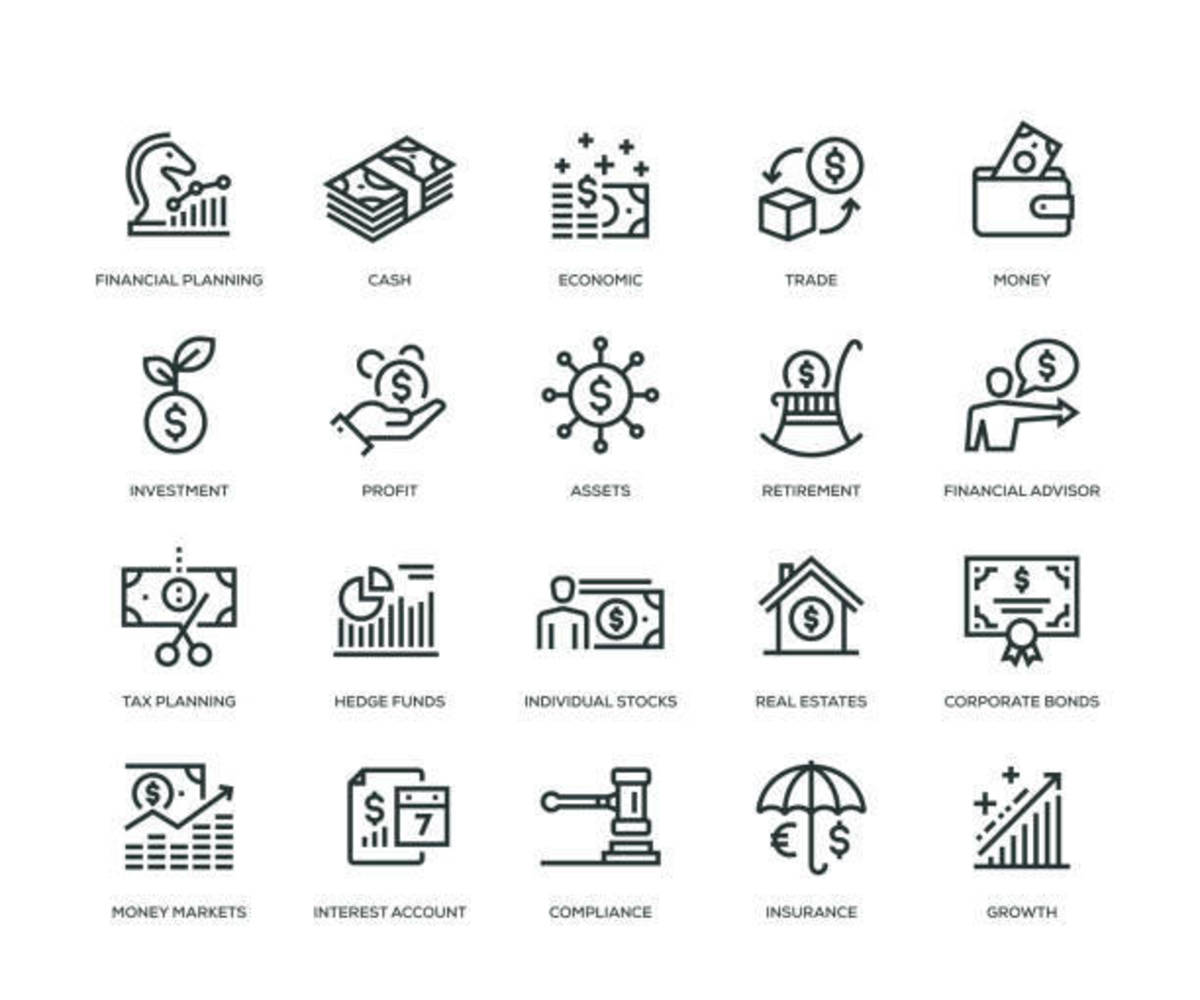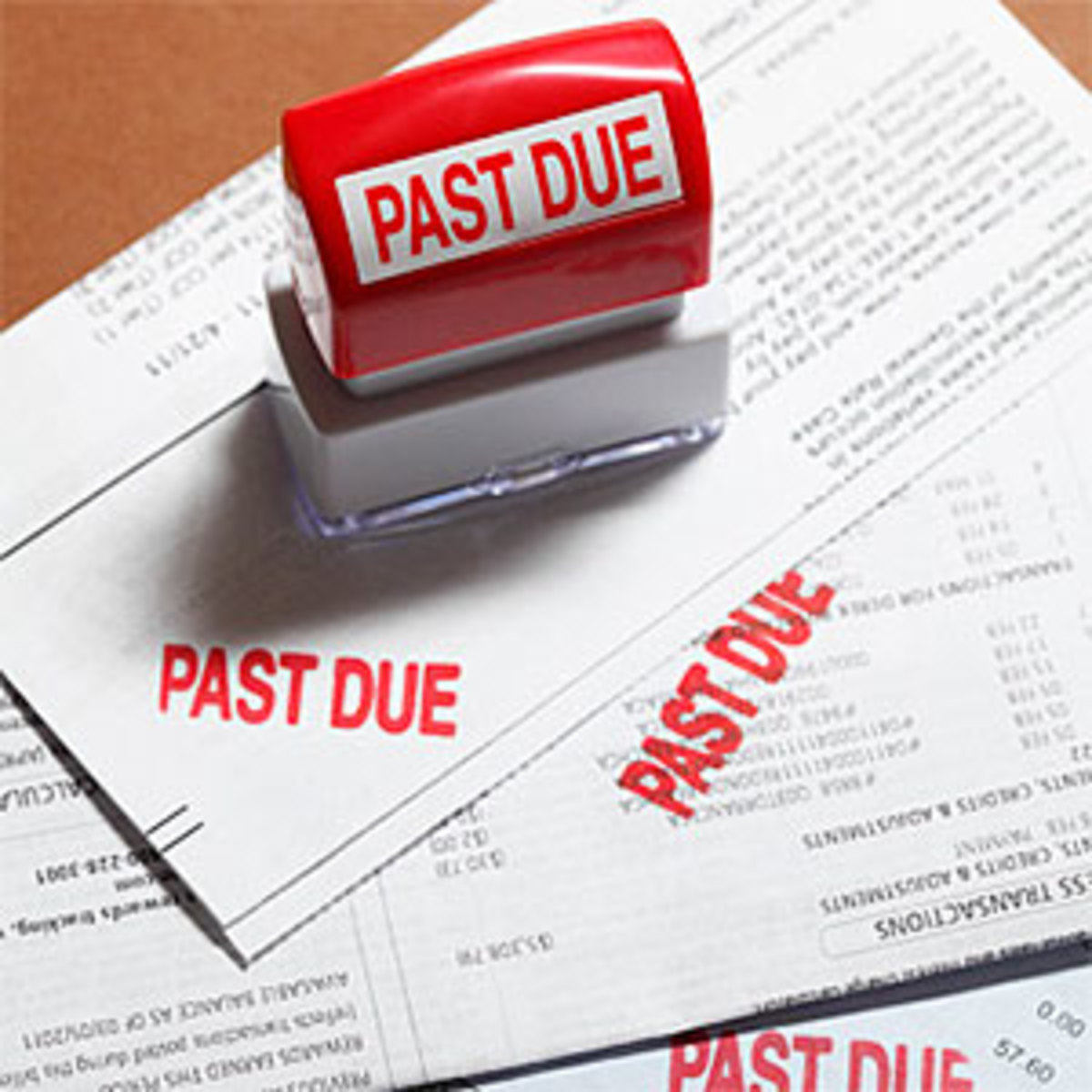How to repair your credit score
Because of the credit crunch, people with even minor blemishes on their credit score find they are unable to get overdrafts, loans or mortgages.
The only way around this is to repair your credit score. Contrary to urban myth, It's not necessary to go to a credit repair specialist, indeed most repair specialists are scammers who charge fees to do what you can do yourself.
It's important to understand that there is no easy way to repair credit ratings - it will take hard work and solid debt repayment to do this. This page is designed to be a resource guide for those who with to repair their credit by themselves.
Understanding your credit reference report
Before you do anything you need to get a look at your credit reference report. By law, thr credit agencies Experian and Equifax have to allow you to look at the data on your file for a small fee (about £2).
Your report will list all your known addresses and whether you have had any defaults registered, as well as bankrupties, Individual Voluntary Arrangements, and County Court Judgements, together with any informal arrangements you may have reached with your lenders. They will also list all debts that you have settled in full within the last six years, and state whether the debt was satisfactorily settled or whether you were in arrears or default for a period before the debt was settled. They also list all current debts, together with the amount outstanding, your credit limit and your available credit. With current debts, they grade your payments showing whether you pay promptly or if you are in arrears and by how many months you are in arrears.
As long as you have debt outstanding, the credit card, loan or mortgage will remain on your file. Once you have settled the debt, it remains on your file for six years after settlement. Bankrupticies also remain for six years after they have been discharged, as do County Court Judgements. After that they disappear from your report.
It's also important to know that even if you have settled a debt, if at any point you were in arrears prior to settling, it will show on your report for six years after you settled the debt.
Repairing your credit score
The first thing to do is ensure you don't fall into arrears, or default on any of your debt, and avoid bankruptcy and individual voluntary arrangements if you can.
The next thing to note is that debts disappear from your report six years after they are settled and lenders like to see a list of either satisfactorly settled debts where there were no problems with defaults or arrears, or current debt which is being paid promptly without problem.
Therefore you need to a) ensure that you meet all your current debt obligations promptly according to the terms of your contract and b) start paying off debt so that your debts are listed on your file as settled. See this page on how to get out of debt for information on how to tackle this.
Normally when paying off debt you would tackle debt with the highest interest rate first. But because your aim is to repair credit, you need to settle debt where you have had defaults or arrears first, as your report will only become clear six years after these debts have been settled.
Naturally this is hard work. How long does it take to repair credit? At least six years, longer if you are slow to tackle the problem debts. I can feel people's horror as they read this. But it's important to understand that there is no legal way around this. Credit specialists who promise that they can simply wipe your report clean immediately are fibbing. The credit agencies will only drop items six years after they have been settled and this cannot be negotiated.
Some people with bad credit scores tend to be desperate to borrow for a mortgage on their dream home. But until the problem debts have dropped from their reports they will only be able to borrow at eye-wateringly high rates. For instance, though most fixed rate mortgages in the current climate are around 3% to 4%, if you have a bad credit score you will only be able to get a mortgage of 12.5% or higher. Is this really worth it? No in my opinion. The cost is so high it will hurt your ability to clear your existing debt and could get you into even deeper financial trouble.
Because we are in a climate where house prices are not rising, you would be better off waiting, and in the meanwhile knuckling down to clear and settle your existing debts. Once you have settled your debts, you need to start raising a deposit for a mortgage. Choose a small building society to save in and build a relationship with them. That way, you could possibly get a mortgage with them by speaking with the bank manager, even it may be less than six years after you settled your problem debt, as long as the deposit you are putting down is substantial and you haven't got into further debt since your last debt was settled.
Repairing your credit rating requires a lot of patience and hard work - there are no quick fixes.







